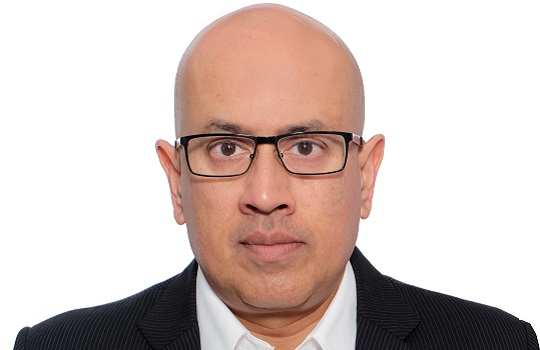
Vietnam Prosperity Bank’s Head of Retail Banking speaks to FST Media about how the bank will harness mobile platforms to improve its overall customer experience.
FST Media: What will retail banking look like in Asia in 2020?
Deobhakta: Asian retail banking in 2020 is a big canvas to cover. Emerging Asia and Developed Asia will be quite different. In Emerging Asia, we will see a rapid increase in financial inclusion, mobile payments and mobile banking. Developed Asia will see a lot more competition and challenges with margin pressure and the growing impact of fintech. Banks will be seriously challenged and will lose share in payments and lending to fintech. However, all of these developments will really improve the customer experience. That is a real win for customers and a challenge for banks.
The development of tools like human centred design (HCD) and mobile user experience (UX) will allow us to see an improvement in service levels. Marketing will incorporate data and will be both mobile and location-based. We will also potentially see a flat to even a slight reduction in branches in developed markets but continued growth in developing markets. In both cases, branch format change will accelerate significantly. Security issues will become a lot more complicated and will need a lot more investment and development, particularly in areas like credit, risk and fraud. Banks will adapt quite significantly and cooperate a lot more with partners, particularly in the fintech space. This will be similar to how banks have become distributors for investment products and insurance. We will see a lot more of that with fintech partnerships in payments and lending and perhaps other domains.
Deposit guarantees might increase in developed markets and we will see their increased implementation in emerging markets. Depending on where they exist, the amount insured will increase. This will help drive the significant growth of fintech and new bank entrants. Technologies like robo-advisers and the use of artificial intelligence (AI) will be tested to see if these models can be successfully deployed.
Fintech itself will be tested, particularly as investors will be more concerned about returns and making money. Payments will continue to grow and expand offshore and banks will lose market share in the offshore remittance business – India, China and the Philippines are massive markets. I think that fintech lending models will also be severely tested through at least one credit cycle. Finally, we will see digital being applied to transform statements, personal finance management, budgeting, as well as gamification.
FST Media: What are your key priorities for the next 12 to 18 months?
Deobhakta: Our key priorities over the next 12 to 18 months are growth and customer- led innovation. Our ambition is to be a top 3 retail bank in Vietnam. We will focus on delivering innovation digitally and making this integrated with our other channels so that customer has more choice. Our new, efficient and digitally enabled branches will deliver products like loans much faster. The coming months will see us focus on human centred design, user experience and a significant improvement in service. People development and career development are also priorities for Vietnam Prosperity Bank, in addition to a much greater and more effective use of data.
FST Media: How will Vietnam Prosperity Bank harness mobile platforms to improve its overall customer experience?
Deobhakta: Mobile is not nearly close to saturation in Vietnam, including Hanoi and Ho Chi Minh City. We will see rapid growth in smartphone penetration, however mobile connectivity is still poor in Vietnam. Once that improves, we will see an even faster growth in adoption and usage of mobile. We need to improve UX, HCD and other tools to improve the customer experience. However, most of all, we need to enable our business on mobile – end to end. We are looking at mobile originations for all products, especially loans. They will be originated by the customer or staff assisted, whether on a device and then processed and delivered digitally so the customer can use the money instantly.
FST Media: How can Asian banks learn from start-ups to be more nimble and agile?
Deobhakta: I think banks will be forced to become more nimble to partner with start-ups and learn to be more agile. I believe the good banks can and will do this well. The challenge is how quickly we can make this happen. And, will our chosen strategies pay off and deliver?
FST Media: How significant is an omni-channel approach to engaging the customers of tomorrow?
Deobhakta: An omni-channel approach can be interpreted differently so I’d like to describe what it means for us. Firstly, overall it is extremely important for customer service – both in terms of offering more access points and using them such that a customer can view transactions or account details online, query via chat and then call or visit a branch if they choose to. That process will have to be seamless. Secondly, we can look at omni-channel in terms of customer pathways and supporting the buying process online. Customers might view and compare transactions online and then, if they call or chat, they want the customer representative to see that and move ahead seamlessly. The final aspect is an omni-channel for collaboration in terms of sales and service. A sales agent with a tablet should be able to engage a customer on his or her device and be able to have a great consultation, whether this happens in person or remotely.





